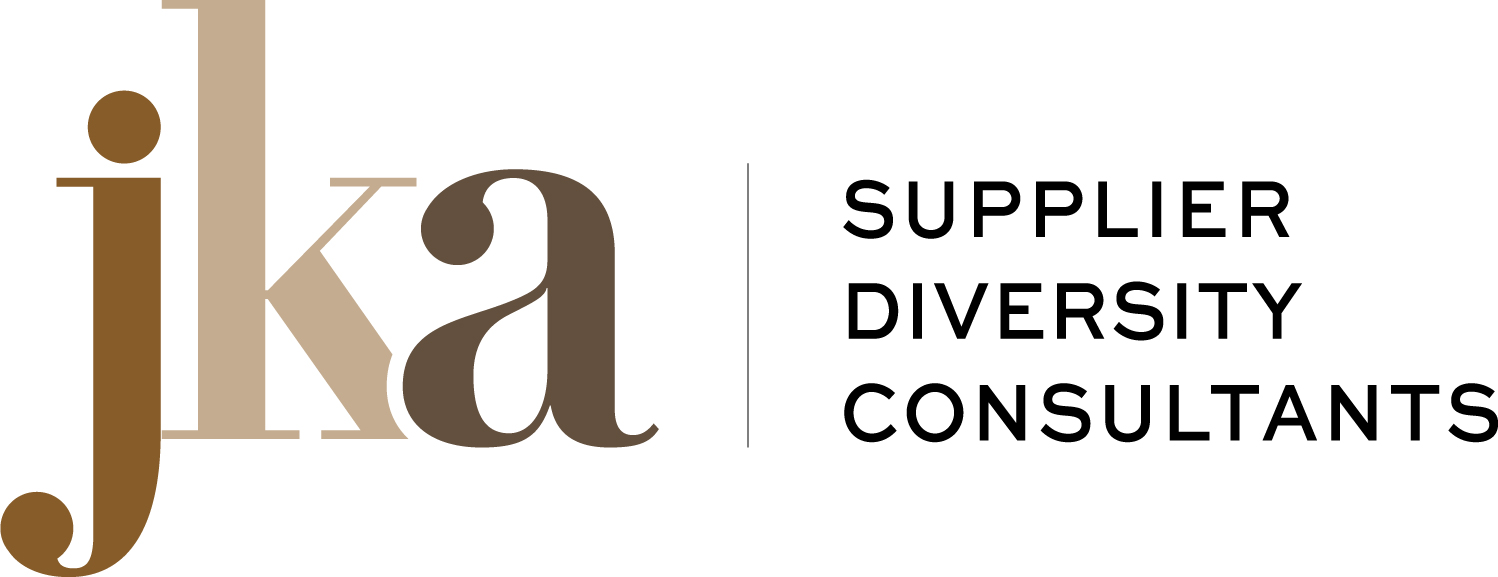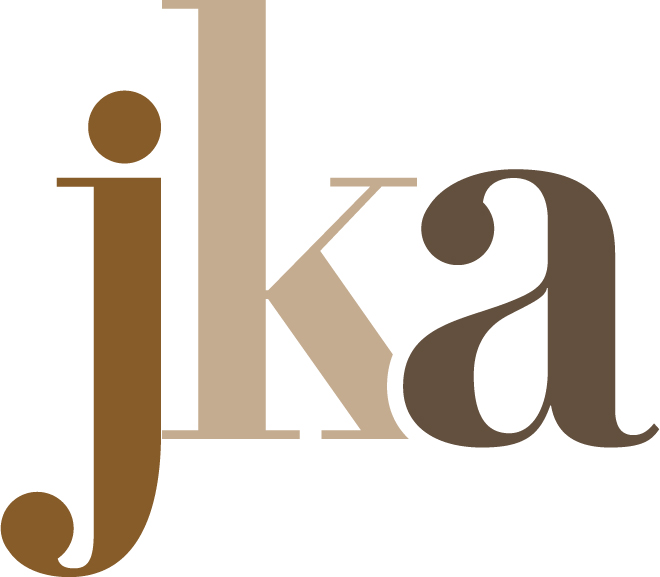One of the most common questions that I get at workshops for M/WBEs is, “Are all RPFs the same?”
And the answer is no! Some RFPs require a tremendous amount of detailed paperwork, especially if you are going to be doing extensive work for the government. Others, like RFPs for Goods, requires less paperwork, but that doesn’t mean you don’t need to be super prepared for your M/WBE to win them!
Typically when a government agency puts out a solicitation for goods, they require private sector bidders, like your M/WBE, to demonstrate that they are offering a combination of the lowest price and the best qualifications to do business with the agency. This means that the response document required is a bit different from the large-scale RFPs that require you to share extensive information about your company, your company’s history, and organization.
To respond to an RFP for Goods, it’s relatively simple. That said, it’s still crucial for bidders to pay close attention to the documents and solicitation requirements to make sure they qualify. Here are a few of the things that you should keep in mind:
Identify the Desired Goods in Advance
To become an M/WBE that continuously wins RFPs, you need to do your homework. The more information you have, the better. When it comes to RFPs for Goods, bidders should identify well in advance the goods that the government agency is purchasing. They can do this through a procurement forecast.
Every government agency publishes in advance what they’re going to buy, how they’re going to be buying, and when they’re going to be buying. They will usually publish this procurement forecast at the beginning of their fiscal year. This is easily obtainable information that will make a real difference to the success of your bid. Having that advanced knowledge about what the government is buying and when will help you do your due diligence in making sure that your M/WBE can handle the potential order.
What It Means To Be a Qualified Bidder
Not all M/WBEs are qualified to win certain RFPs. Just because RPFs for Goods are a bit simpler doesn’t mean your small business will not have to meet the strict requirements for due diligence for the government.
These requirements can include information about your business’ integrity (have you filed your taxes on time, how do you pay your vendors and employees, what’s the work history of the company’s owners?) Government agencies may also have requirements for M/WBEs to register and be approved on certain websites. If you’re going to be a successful bidder for these projects, you need to know what the requirements are to be a qualified bidder.
Don’t Try to Beat Your Competition on Price Alone
Some M/WBEs intentionally lowball their responses to undercut their competition on price. My advice would be to avoid this strategy.
Always remember that these government projects are awarded to the lowest qualified bidder. An M/WBE needs to deliver on these projects at the lowest price they can while still making a profit and covering their administrative costs. Before you respond to an RFP, you need to investigate every document carefully to make sure that you can get the goods and deliver them in the manner the agency is looking for. Some M/WBEs have won bids only to discover that they didn’t account for hidden costs.
There are often hidden costs when it comes to working with a government agency. For example, government agencies usually require all goods to be delivered FOB, meaning that you can not charge for shipping the goods separately. Before you create your response, you need to anticipate what those shipping costs are going to look like and build it into the price.
Often, you need to deliver your goods to a government agency for a fixed price. This means that you should look into the manufacturing costs of the goods and figure out what may happen if that cost escalates, putting the burden of the difference on your bottom line.
Make Sure That The Paperwork is Properly Filled Out
Even though the paperwork tends to be a little lighter with RFPs for Goods, that doesn’t mean there isn’t an awful lot of it. These type of bids often come with a whole host of forms that need to be carefully filled out to show that your company meets the qualifications.
The importance of really going through those documents with a fine-tooth comb and filling them out correctly cannot be overstated. This is an area where bidders often get trapped by not giving them the attention it requires. Often, it can be a few simple typos that will cause you to lose you your bid.
Just because RFPs for Goods tend to be a bit less demanding than other kinds doesn’t mean you can take it easy. These kinds of government contracts can bring in a tremendous amount of income, giving you the funds you need to grow your business. If you’d like to learn in detail how to win these contracts, you will want to attend the Responding to RFPs for Goods Workshop. In it, we will be covering everything I talked about above in greater detail, along with many other things that you will need to know as the owner of a small business.
These workshops tend to fill up incredibly quickly, so my advice would be to sign up as soon as possible!
How You Should Be Responding to RFPs for Goods





